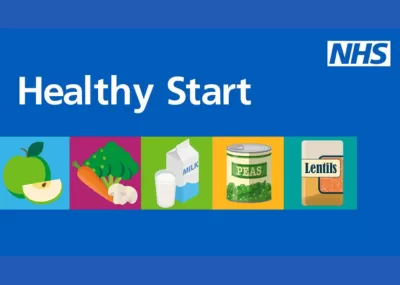Healthy young families
Immunisations
It’s important that vaccines are given on time for the best protection, but if you or your child missed a vaccine, contact your GP to catch up.
Immunisation is the most effective method of preventing certain diseases to protect and maintain the health of the local population. Barnet public health team is working closely with UKHealth Security Agency, NHS England and other key partners to increase immunisation rates across the borough.
When should my baby be immunised?
It's important that your baby has their immunisations at the right age – the first ones are offered at 8 weeks old. They'll be offered further doses of these immunisations when they're 12 weeks and 16 weeks old. Other immunisations are offered:
- between 12 and 13 months of age
- from 2 years of age
- from age 3 years 4 months
- in primary school
- in their teenage years
Routine vaccines are offered free on the NHS according to an immunisation schedule. If a child has missed a vaccine, make sure to contact your GP or practice nurse.
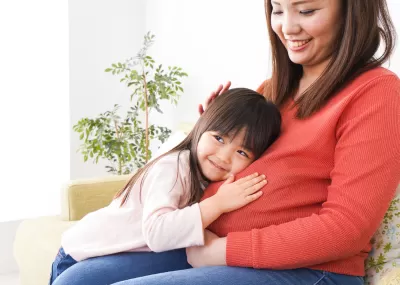
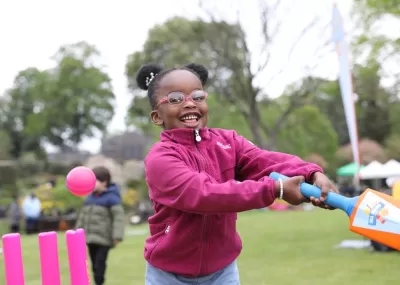
Mental health and wellbeing tips
Looking after your mental health is something we should invest in, like our physical health. Building your mental health can help us to build resilience to manage difficult times in the future.
Top tips:
- Reframe unhelpful thoughts
- Be in the present (see information on mindfulness)
- Get good quality sleep
- Connect with others
- Live a healthy life
- Do something for yourself
- Write a letter to future you (a mind plan)

Move More
Children and young people aged 5 to 18 need to be physically active for 60 minutes a day, with 30 minutes of that activity taking place outside of school. Here are some ideas: Bowling, Swimming, Cycling, Forest Walk, Garden games/races, Treasure hunt, Park trip, Just Dance or Family Yoga.
Research shows active parents raise active children. Fitness should always be a priority in a family’s daily schedule.
There are many ways to incorporate activity into your family’s routine. It all adds up. From our fun 10 Minute Shake Up games to information about active hobbies and sports, here's everything you need to get your family moving!
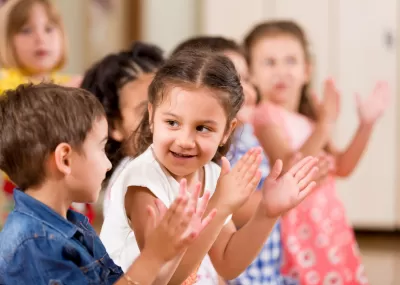
Indoor Activities for Kids
We have loads of free indoor games and activities for children so they can still get the 60 minutes of daily physical activity they need – even when they cannot get outside! Click below to find out more.
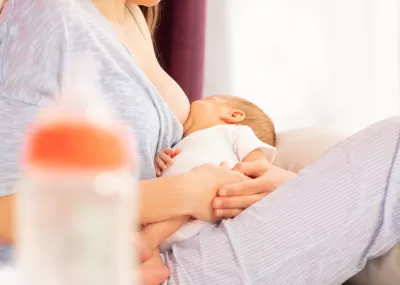
Breastfeeding
Human breast milk provides all the nutrients and fluid intake a baby needs for healthy growth and development for the first six months of life. Breastfeeding has been linked to improved health, cognitive development and social outcomes.
Feeding a baby is a major component of parenting, which impacts upon maternal mental health. Studies show that having positive breastfeeding experiences and support, improves mother’s self-efficacy, maternal mental health and wellbeing.
Barnet offers free infant feeding support through a range of baby clinics and drop-in support sessions across the borough. Breastfeeding support is available during the antenatal and postnatal periods, to mothers, partners, grandparents, breast feeders and those who are mixed feeding
Breastfeeding drop ins offer 1 to 1 support from trained, experienced breastfeeding supporters. Babies and children of all ages are welcome.
For breast feeding support: Email: Barnet Breastfeeding Support Service: hcp4b.bfsupportteam@nhs.net
National Breastfeeding Helpline provides independent, confidential, mother-centred, non-judgmental breastfeeding support and information.
Tel: 0800 772 3110 (Monday to Friday, 9am to 5pm)
National Breastfeeding Helpline on 0300 100 0210 (9:30am to 9:00pm, 365 days a year)
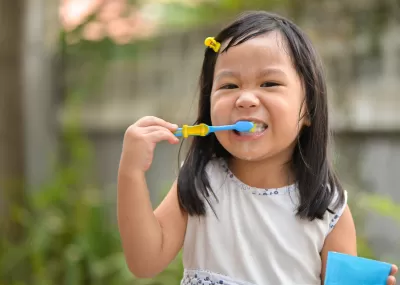
Brushing your Teeth
Tooth decay is the most common oral disease affecting children and young people in England, yet it is largely preventable.
Children who start brushing with a fluoride toothpaste in infancy are less likely to experience tooth decay than those who start brushing later. It is important to encourage healthy dental behaviour from a young age. It is recommended you:
Receive FREE dental care when pregnant and one year after the birth of your child
Register with a dentist by your child’s first birthday for preventative advice and to familiarise the child with visiting the dentist
Actively ask your dentist for fluoride varnish to be applied to your child’s teeth from the age of 3 years
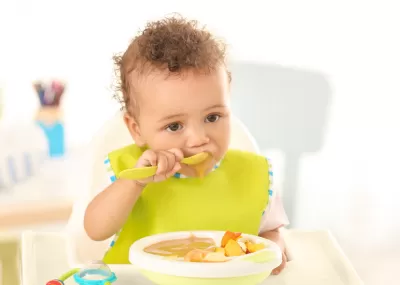
Fussy Eaters
It's natural to worry whether your child is getting enough food if they refuse to eat sometimes. But it's perfectly normal for toddlers to refuse to eat or even taste new foods.
Do not worry about what your child eats in a day or if they do not eat everything at mealtimes. It's more helpful to think about what they eat over a week. If your child is active and gaining weight, and they seem well, then they're getting enough to eat.
As long as your child eats some food from the 4 main food groups (fruit and vegetables; potatoes, bread, rice, pasta and other starchy carbohydrates; dairy or dairy alternatives; and beans, pulses, fish, eggs, meat and other proteins) you do not need to worry. The Barnet Health Visiting Service are there to Give confidential advice, and support to parents/carers and families with children under the age of 5. Parents can call for support and advice. The duty line will be staffed by an administrator and a clinician from the Health Visiting Team.
Telephone: Duty Number : 0800 772 3110 or email: hcp.4barnet@nhs.net
For more information and for baby and toddler meal ideas please click below.
Healthy Start
If you’re more than 10 weeks pregnant or have a child under 4, you may be entitled to get help to buy healthy food and milk. If you’re eligible, you’ll be sent a Healthy Start card with money on it that you can use in some UK shops. Money will be added to this card every 4 weeks. You will get:
- £4.25 each week of your pregnancy from the 10th week
- £8.50 each week for children from birth to 1
- £4.25 each week for children between 1 and 4
Your money will stop when your child is 4, or if you no longer receive benefits. You can use the card in participating local shops and supermarkets on milk (cow's milk and infant formula) and plain fresh or frozen fruit and veg (with nothing else added), and fresh, dried and tinned pulses. Plus you’ll also get access to free vitamins.
Healthy Start vitamins
Ask your midwife or health visitor where to get your free vitamins.
To collect your free vitamins, you’ll just have to show your Healthy Start card.
In Barnet you can also collect free vitamins if you are an asylum seeker or refugee from one of our local children’s centres in Barnet. Talk to your nearest children’s centre to find out more.
Please visit the healthy start website for more information.
